This post contains affiliate links from which I may receive a small commission, at no extra cost to you. In no way does this affect my opinion or the information I provide on the product. Please read my disclaimer for more info.
What happens when healthy eating goes too far? Orthorexia is one example.
Every once in a while, I like to write an article to remind you that healthy eating is not all that matters in life.
If you feel like this is in contradiction with what I usually write about, let me re-establish my message.
First of all, don’t get me wrong: eating healthy, nourishing foods is highly important. A plethora of articles on my blog backed by scientific evidence attest to it.
But do you know what’s even more important than eating healthily?
Living healthily. Actually being healthy.
Now in most cases, these coincide. But not always. This may be because one has an altered perception of what healthy eating is (eating lettuce leaves and celery sticks all day isn’t healthy). Or because one takes healthy eating too far, obsessing over the purity of their food and opting out of social situations involving “unhealthy” foods. These are some signs of orthorexia.
What is orthorexia, why is it dangerous, and how can you overcome it?

What does orthorexia do to your body?
A person suffering from orthorexia spends hours carefully inspect food labels, researching food facts, planning out their meals… They often shut themselves out of social situations involving food. Even if orthorexic behaviors are motivated by a desire for optimal health, they can lead to nutritional deficiencies, medical complications (anemia, digestive issues, impaired bone health…) and a poor quality of life. Orthorexia can lead to low self-esteem, anxiety, depression, and other eating disorders. Sometimes, people with orthorexia may also be diagnosed with an obsessive-compulsive disorder.
What is orthorexia?
Orthorexia is a pathological obsession with healthy eating [1], excluding any “impure” food from one’s diet, all under no medical obligation. A person suffering from orthorexia follows a restrictive diet, has very specific eating habits, and avoids “bad” foods at all costs.
They are obsessed with the quality (rather than the quantity) of their food. To them, taste and pleasure are secondary.
Orthorexia may stem from or be reinforced by society’s obsession with eating well, choosing healthy, organic foods, and the constant pressure to lose weight and improve health.
This often starts out by simply wanting to eat healthier and paying attention to food quality.
When this enthusiasm for healthy eating turns into an obsession, it’s orthorexia. [2] Sometimes, this happens after a traumatic event, and the orthorexic behaviors are seen as a way to regain control.
People who follow a very restrictive diet (like raw vegans, for instance) may be more likely to trigger the psychological factor that leads to orthorexia. (Quick disclaimer: of course, you can be raw vegan, perfectly healthy, and not orthorexic. And you can be an omnivore and have orthorexia.)
What are the symptoms of orthorexia?
Eating very healthily turns into orthorexia when one’s relationship with food affects different dimensions of their life. This could mean social events, their own pleasure, their mental health, their relationships, etc.
A person suffering from orthorexia often devotes an important part of their day to thinking about food. They carefully inspect food labels, spend time researching food facts, plan out their meals…

They spend a great amount of energy trying to exclude additives, preservatives, fat, sugar, salt, pesticides (and more) from all of their food. People suffering from orthorexia also have a huge fear of eating something “impure” which could harm their bodies.
People with orthorexia also have trouble giving up control over their food choices.
They follow very strict rules regarding their nutrition. These rules often aren’t very compatible with eating out or participating in social events that include food.
If they break their self-imposed diet rules, they are likely overcome with feelings of guilt and shame. They might wish to “purify” themselves by detoxing (read why you should never go on a detox diet here) or fasting.
Even if orthorexic behaviors are motivated by a desire for optimal health, they can lead to nutritional deficiencies, medical complications (anemia, digestive issues, impaired bone health…) and a poor quality of life.
People suffering from orthorexia can remove entire food groups from their diet, causing deficiencies and complications. They may also have low self-esteem, be anxious and depressed. Sometimes, they may also be diagnosed with an obsessive-compulsive disorder. [3]
How to overcome orthorexia
Even if orthorexia isn’t recognized as an eating disorder like anorexia or bulimia, it’s still important to know the signs and find ways to overcome it.
If you feel like you or someone you know is taking healthy eating a bit too seriously, you can take Dr. Bratman’s orthorexia self-test to see where you stand. His website is also filled with great resources.
If you think you may be developing orthorexia, it’s a good idea to get help from a doctor, a psychologist, a dietician, or all three.
People with orthorexia often have a lot of misconceptions about food, nutrition, and what healthy eating is. It’s important to get the right information and to rebuild a healthy relationship with food— all foods. Ditching the diet mentality is also crucial: wanting to lose weight at all costs may play a role in becoming orthorexic. Check out this article on why you might not really need to lose weight.
I also suggest adopting a more mindful approach to eating.
Mindful eating enables you to regain control over your eating habits. Its goal is to focus your attention on the present experience, to create a connexion between body and mind while eating. This can enable you to listen to what your body needs, to know when you are hungry and when you are full.
Try to eat foods that properly nourish you, but that you also enjoy. Allow yourself to eat any type of food, without thinking of it as inherently good or bad. Read this article if you want to know more about how to eat mindfully and the health benefits of mindful eating.
When healthy eating goes too far
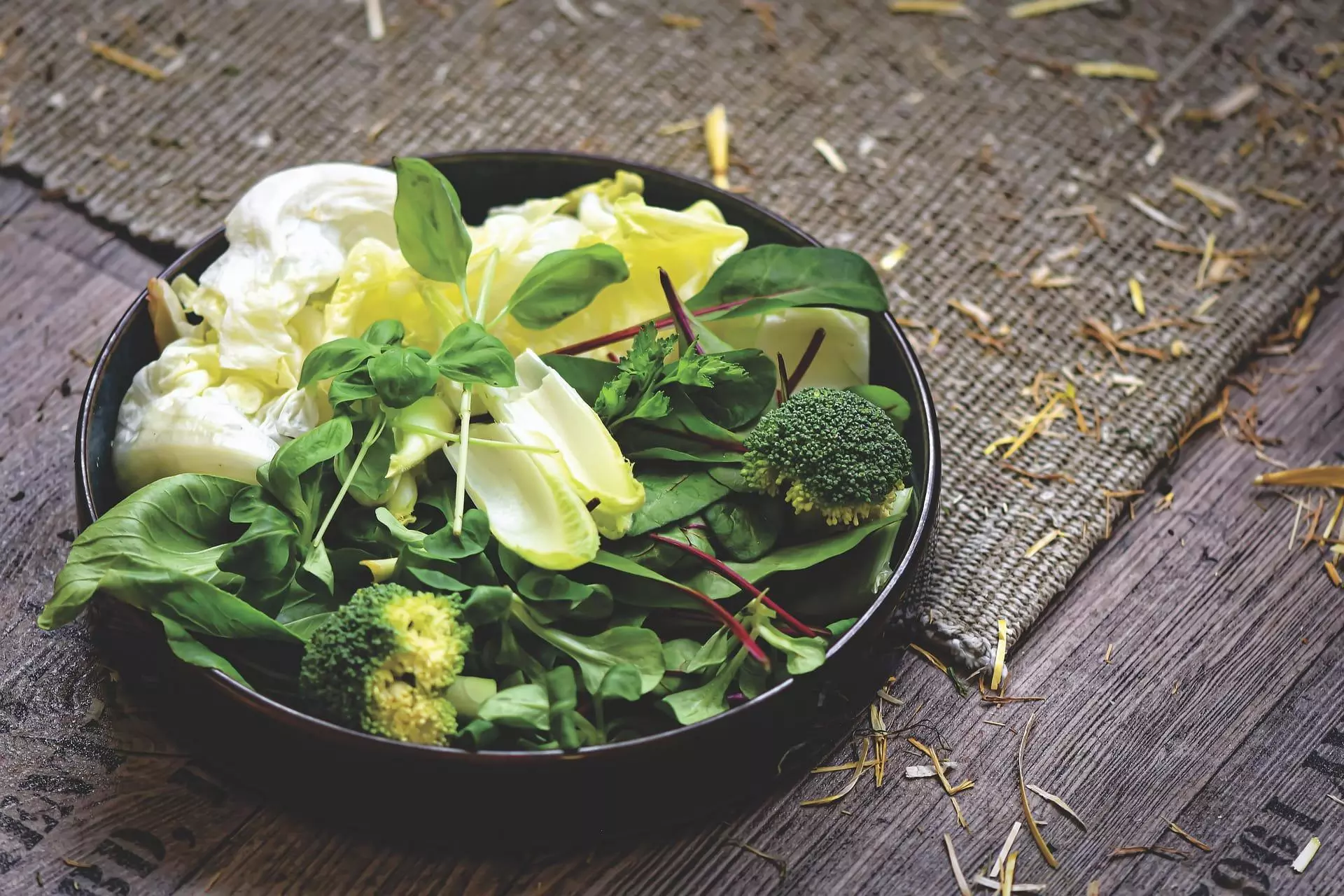
Sometimes, when you solely focus on eating healthily, you fail to see the bigger picture, which is to actually be healthy. Orthorexia is an example of that and calls for professional help.
To prevent this, it’s important not to let yourself get too consumed with healthy eating. It shouldn’t take up all of your time. It shouldn’t come at the expense of your social life or your personal happiness.
There’s no point in eating perfectly balanced, healthy, organic meals if you are miserable and hurting your mental health. And it’s even worse when you think that you are eating healthily but are actually damaging your health. (Again. Having salads for every meal is not healthy.)
Being healthy implies balance. Eat whole, healthy foods most of the time, yes. Take the time to home-cook delicious and balanced meals for yourself, sure. But have that burger or cupcake when you feel like it. Go out with your friends and have a drink or two. Enjoy that all-you-can-eat buffet.
Your health will be just fine.
-Lucie
If you’re interested in nutrition, its impact on our health, and the science behind it, you should definitely read How Not to Die. In this book, Doctor Michael Greger, founder of Nutrition Facts, examines the top causes of death in America and explains how your diet can prevent— and in some cases even reverse— them. His advice is all backed by science and he writes in a very clear and entertaining way. This book isn’t a list of what you already know. It will teach you the keys to living a long healthy life, in a simple and practical way, and without spending fortunes on supplements and pills!
PLUS if you want to take it a step further, you can check out the How Not to Die Cookbook to implement the advice easily!

Welcome!
I'm Lucie, the nutritionist behind Edukale! If you'd like to learn more about me, click HERE !
Read More!
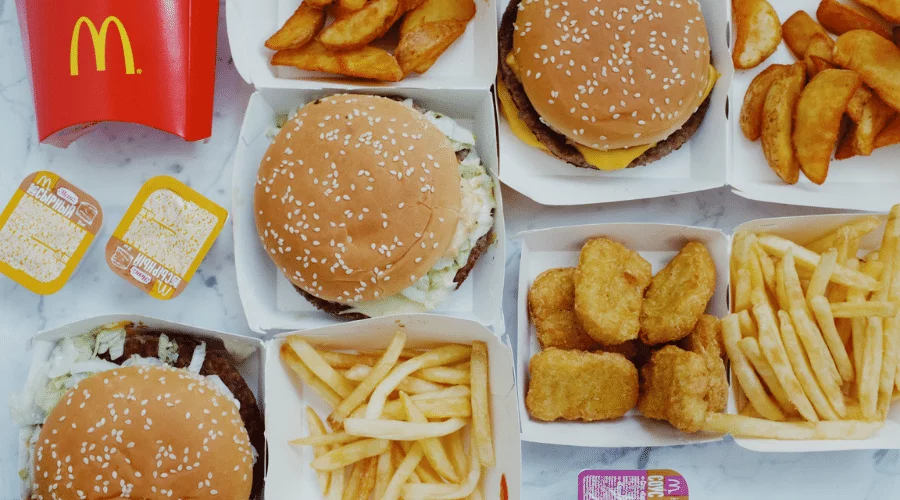
The truth about processed foods
You’ve probably heard that it’s best to reduce your intake of “processed foods” for healthy eating, and increase your intake of whole foods for optimal health.

The Best Foods to Fight Fatigue
Do you feel like you’re always tired and that you need multiple coffees to get you through the day?
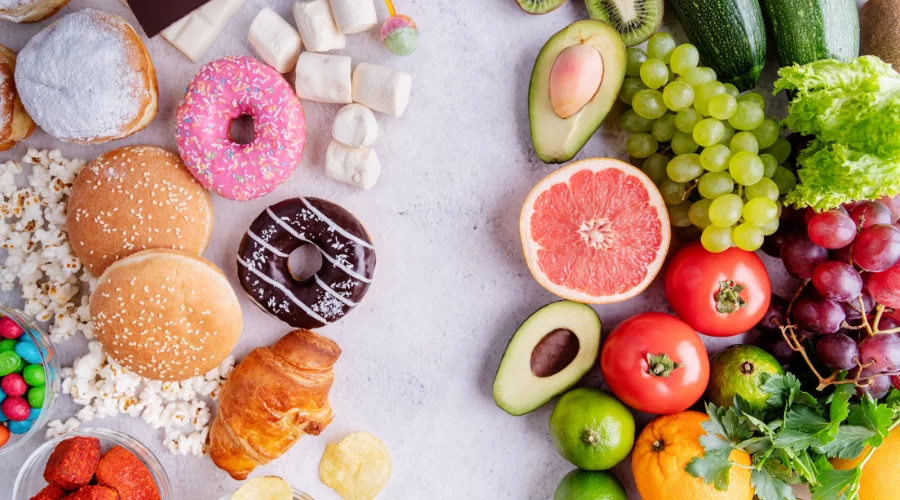
how to find the balance between healthy eating and dieting
It can be hard to find the right balance between healthy eating and dieting without becoming obsessed with food.
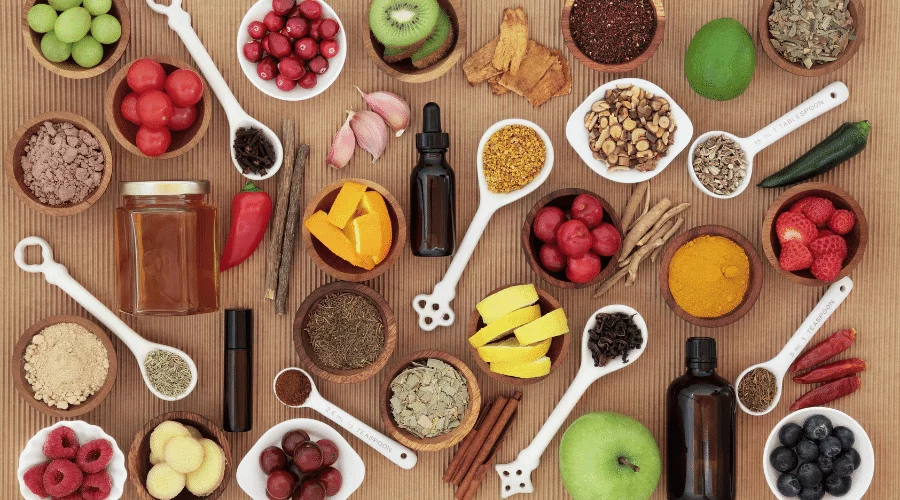
Can you use food as medicine?
“Let food be thy medicine, and let medicine be thy food.” We’re all familiar with this quote attributed to Hippocrates, and we all know the huge impact our food choices have on our health.
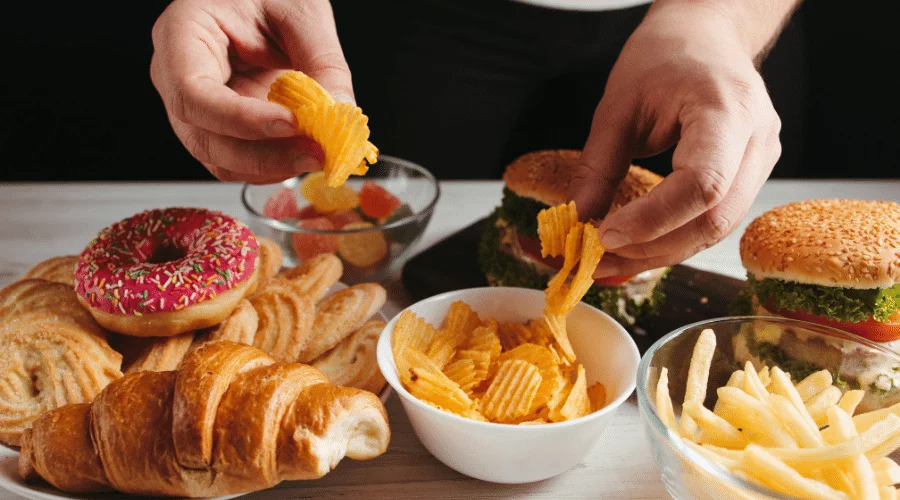
How to finally stop overeating for good!
Overeating means eating past your body’s actual needs, and it can be rather uncomfortable.
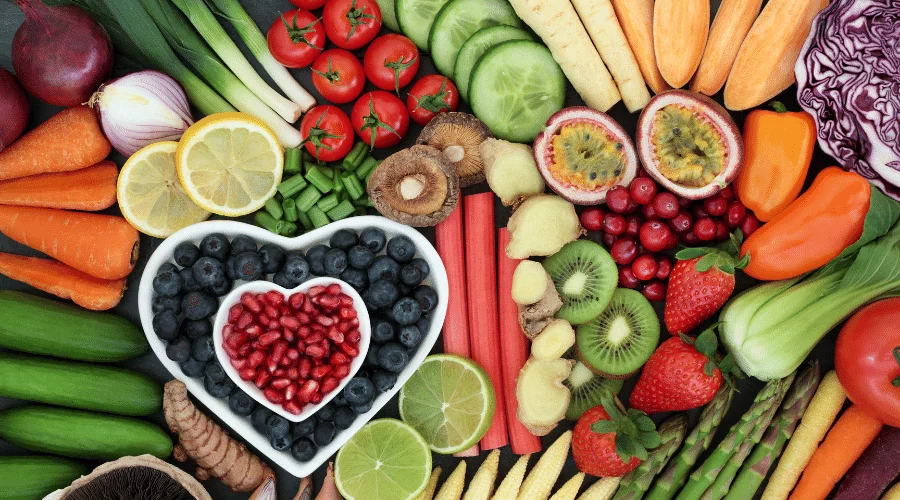
The anti-inflammatory diet: get rid of inflammation
You’ve certainly heard about the anti-inflammatory diet before and the benefits it could have on your body.
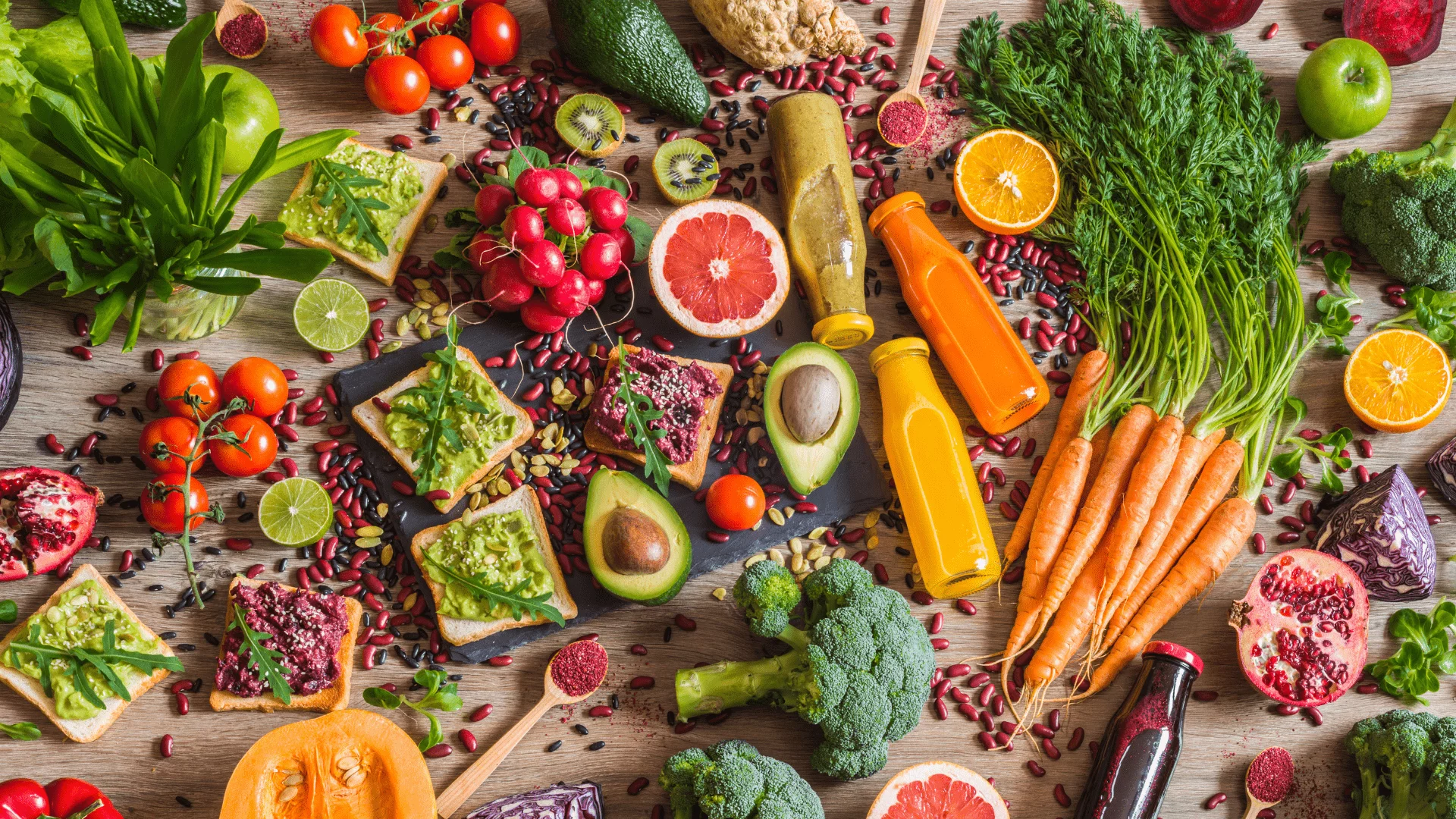
The complete beginner’s guide to veganism
Even though you can absolutely be healthy on a diet that includes animal products, the scientific consensus shows that increasing your consumption of plant-based foods is what is best for health.
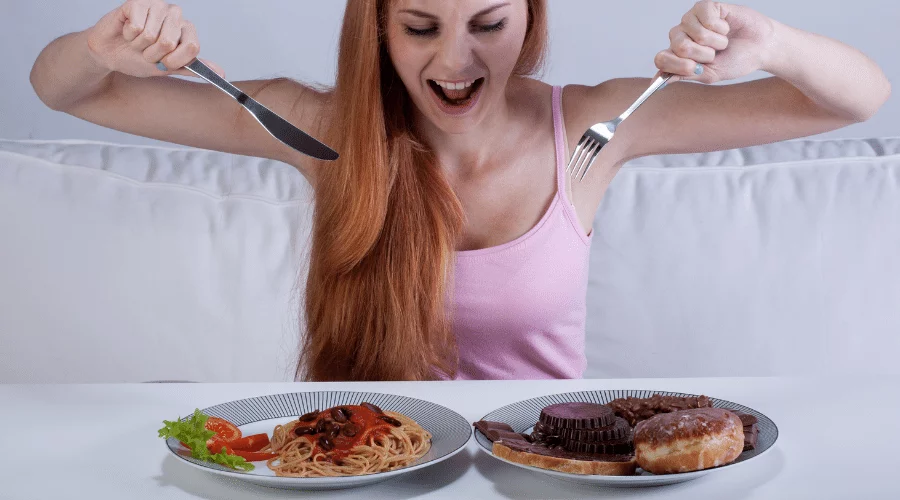
Physical vs emotional hunger—learn the difference
You may be aware that physical hunger is not the only type of hunger that exists. There are actually two main types of hunger: physical hunger and emotional hunger



Comments are closed.